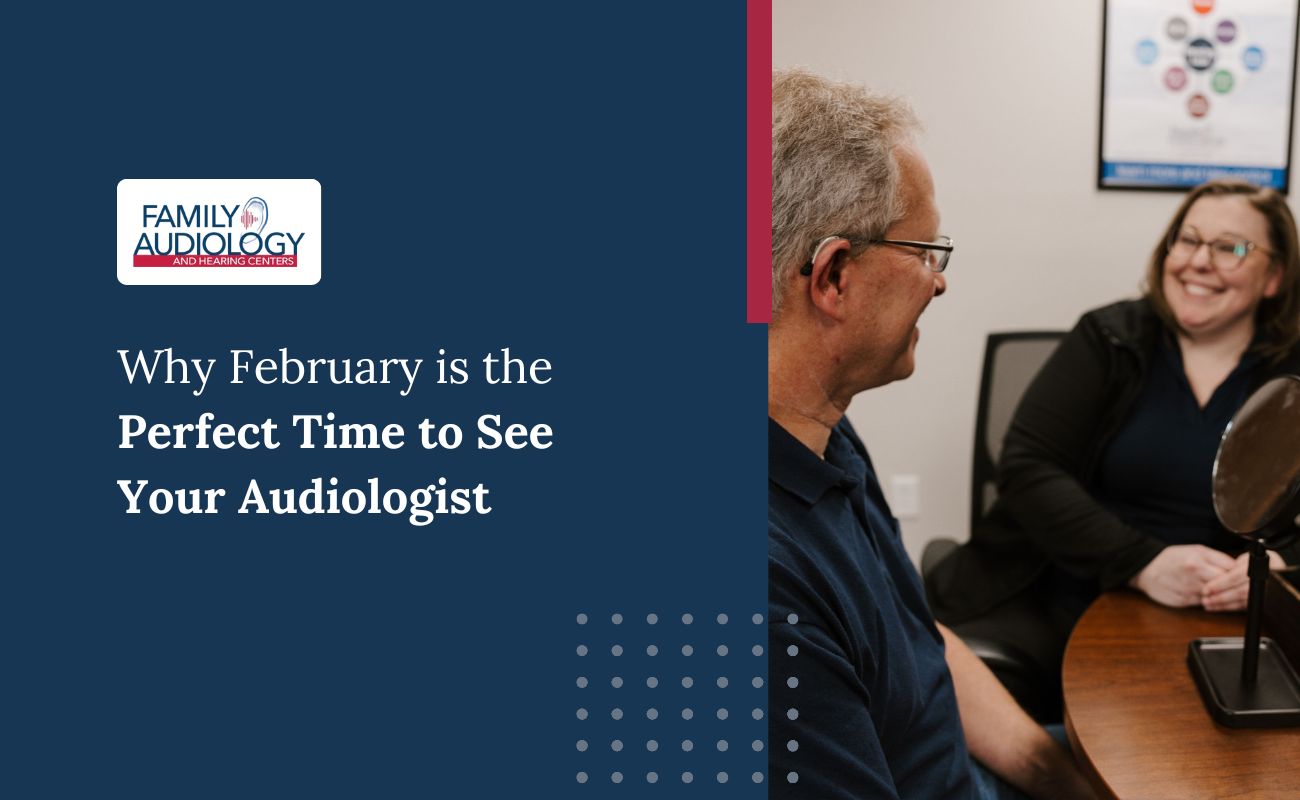What Is Tinnitus And How Does It Affect Me?



What Is Tinnitus And How Does It Affect Me?
Tinnitus is a ringing or buzzing in your ears. Only you will be able to hear this noise. It’s common to hear this sound when your surroundings are quiet. You will often hear it when you are in bed trying to fall asleep. It can be very irritating and can affect your day-to-day life. What causes tinnitus and can you cure it? We go over that and more below.
Symptoms Of Tinnitus
If you hear a whirring, buzzing, or ringing in your ears, you may have tinnitus. For some people, this noise is soft, lout, steady, or even pulsing. You may feel like your head is full. For some people, the ringing gets louder at night. This is especially true for some people as they are going to sleep. For some people, the ringing in their ears is so loud that it interferes with their work or daily activities. You may also find that you have tinnitus spikes, where some days it is worse than others.
Risk Factors For Ringing In The Ears
There are several things that can increase your risk for developing tinnitus. These risks include:
- Age. Being over the age of 60 can increase the chances of you having tinnitus.
- Loud noise. Being exposed to loud noises on a regular basis can also increase the chance of you getting tinnitus. Working around firearms, chainsaws, or heavy equipment can cause it. Those who listen to loud music or engage in loud hobbies may also be at risk.
- Unhealthy habits. Drinking alcohol or caffeinated beverages can increase the risk of tinnitus. Eating certain foods and smoking can also increase the risk of tinnitus or worsen it.
- Ailments. Having high blood pressure, anemia, allergies, sinus infections, and diabetes can cause tinnitus.
How To Treat Tinnitus
There are many different treatment options that can help you to learn how to ignore tinnitus. Hearing aids can help to block the tinnitus, and help retrain the brain to focus on normal sound. There are also medications that may help to reduce tinnitus symptoms. Another option is to improve your health. Lowering stress, regulating blood pressure, decreasing caffeine, and treating chronic ailments may help. Some people find that behavioral therapy, mediation, and relaxation also help.
If you suffer from ringing in the ear, you will want to see a hearing care professional. They will be able to give you a full evaluation to see what is going on with your ears. You may have some hearing loss that you do not know about. They may also have hearing aids that work to block out the tinnitus sound. They can help to show you what kind of hearing aids would be best to help you. Once you get your hearing aids, they can show you how to use them. They can also show you other things like changing the batteries, and cleaning. They can also help you to learn more options about treating your ringing in the ear symptoms.
Call Us Today
If you suffer from ringing in the ear, please call Family Hearing Centers Today. Our team of hearing care specialists can help you to find a treatment that helps your symptoms. From tinnitus to hearing loss, we are here to help your family with all their hearing needs.
Discover the Latest Articles
Stay informed with our informative articles.

Why February is the Perfect Time to See Your Audiologist
.jpg)
What Your Audiologist Checks During a Comprehensive Hearing Evaluation

How AI Technology Is Transforming Hearing Aid Performance
Contact your local Hearing Aid Specialists
At Family Audiology and Hearing Centers, we strive to be there for all your family’s hearing needs. Because of this, we have 17 convenient locations in Ohio and Wisconsin for you to visit. See which location is best for you and schedule an appointment today.

